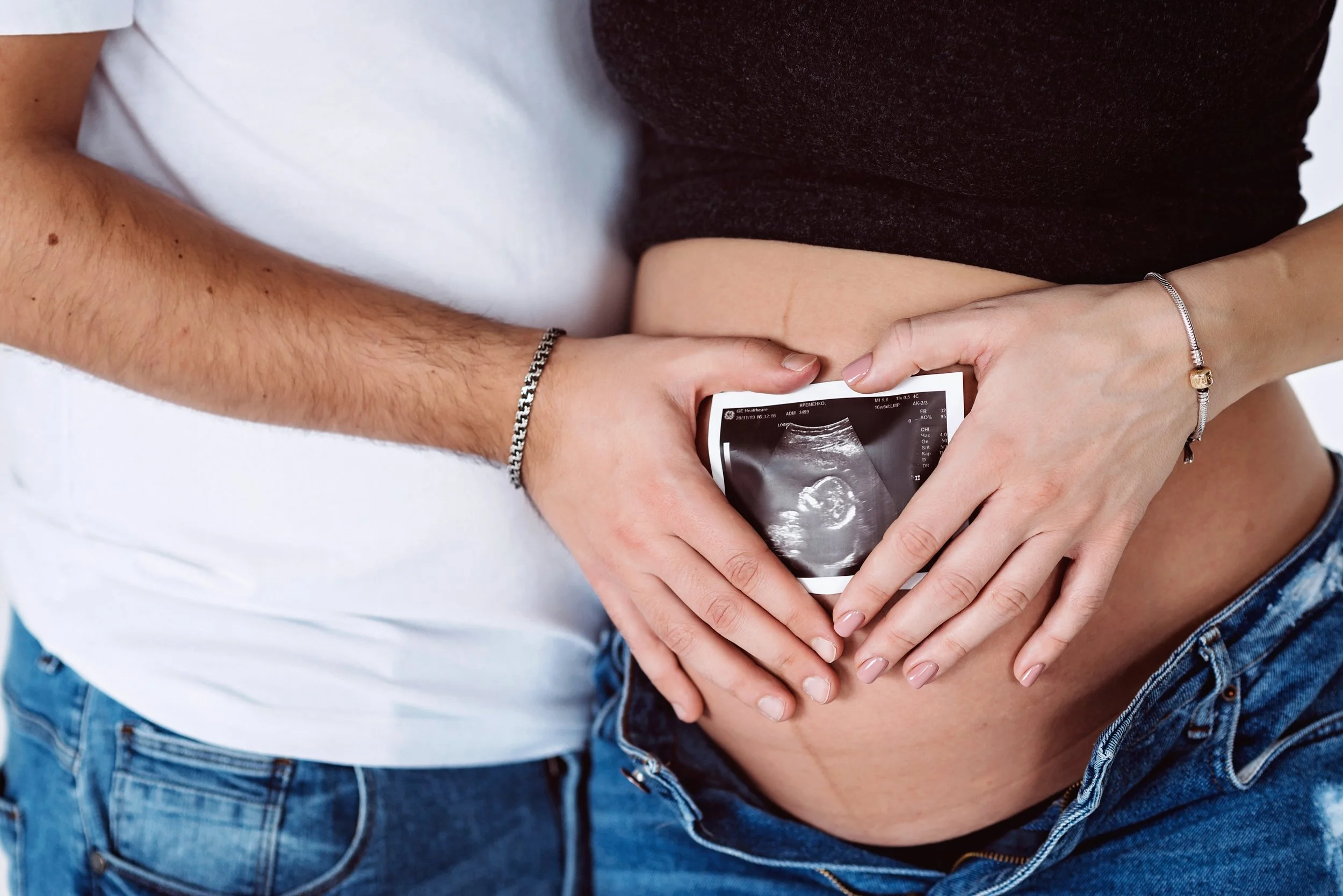Fertility Specialist
Treatments
Each person or couple is unique; for this reason I create a personalized written summary of your situation and possible factors leading to difficulty becoming pregnant.
A management plan is outlined, which includes further testing and treatment options, with individualized success rates for each step.
OI
Ovulation Induction (OI)
OI is treatment to restore natural ovulation (releasing an egg each month). One of the most common reasons for needing OI is PCOS. In most women, this can be achieved with tablets and monitoring; some need stronger medications by injection.
It is only useful for women who have eggs but are not releasing them. It is not useful for women who are releasing eggs normally or who have run out of eggs.
If everything else is normal, then OI restores your fertility to the natural chance of pregnancy for your age.
There is a small risk of multiple pregnancy with tablet OI; and a higher risk with injection OI.
OI / IUI
Intrauterine Insemination (IUI, often combined OI/IUI)
IUI is where a fresh or frozen sperm sample is obtained and processed in our laboratory to a small sample of the best swimmers. This is then released in the top of the uterus by passing a very fine catheter through the cervix. It is an easy procedure and takes just a few minutes.
We perform this in our own clinic without the need for operating theatre fees.
IUI is useful for couples with sexual difficulties, unexplained infertility, mild sperm abnormalities and anyone who needs to use donor sperm.
It is generally not considered useful for couples who are >37yo, long standing infertility and known tubal disease. At best, OI/IUI gives up to 15% chance of pregnancy per cycle. If there are multiple infertility factors the success rates will be significantly lower.
In most cases of sperm donation IVF is recommended instead of IUI for several reasons.
IVF
In-vitro fertilization (IVF, including ISCI, IMSI, PIEZO, IVM).
IVF is the process where a woman’s eggs are stimulated to collect as many as possible (rather than the usual one per month), mixed with sperm, to then grow over the next 5 days into embryos. IVF works by overcoming a specific issue (eg. blocked tubes, not enough sperm for natural conception) or because by retrieving multiple eggs at once, mathematically the chance of creating healthy embryos is increased.
Embryos can then be transferred into the uterus or frozen for future use. They can also be genetically tested to rule out chromosomal disorders (such as too many or too few chromosomes) and where there is a known risk of genetic disease.
IVF is the only treatment for most cases of complete tube blockage and severe male factor sperm problems. It is also commonly used for longstanding unexplained infertility, older women and in donor and surrogacy situations.
ICSI, IMSI, PIEZO, IVM are specialized aspects of IVF treatment that would be offered on a case-by-case basis.
How successful is IVF? This depends on maternal age, less so paternal age, past history, which infertility factors are present and the skills of the doctors and laboratory.
DOnors
Donor Eggs, Donor Sperm, Surrogacy
Strict laws apply in Victoria (and much of Australia) regarding egg, sperm and embryo donation, and surrogacy. IVF clinics and fertility doctors must abide by the law, and we cannot help people using informal donors/surrogates at home or paid or anonymous donors overseas.
We can assist when you use clinic-recruited (‘identity release’) donors or your own known donor.
Surrogacy additionally requires an independent medical assessment of the intended surrogate and approval by the Patient Review Committee of the Victorian Government.
There may be long waiting times for donors (unless you ‘BYO’). We anticipate the availability of more sperm donors (from overseas) who meet the Victorian law criteria before the end of 2025.
I strongly caution anyone looking at interstate clinics to check that their prospective donor meets the Victorian criteria, as there have been cases where laws were changed and embryos already created could not be used.
Surgery
Surgery may be indicated to get further information and to treat disorders such as polyps, fibroids, scarring, cysts and endometriosis, to name a few.
men
Treatments For Male Infertility
If you are discovered to have a sperm abnormality we will usually arrange further tests (usually blood tests and a scan) to try to find the cause.
Most cases of sperm abnormalities are ‘idiopathic’, meaning we don’t find a cause. Sometimes there are hormonal problems which can be treated with medications. Sometimes there are blockages which can be treated by surgery or testicular biopsy.
Even in situations of severe sperm abnormalities IVF is often possible and successful.
Check out my blogs for more information about male infertility.








